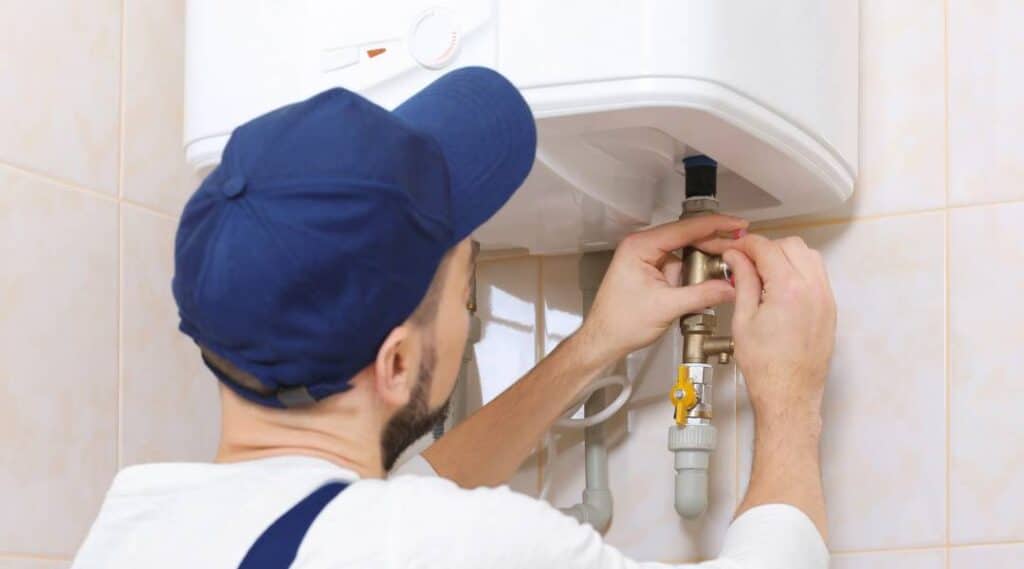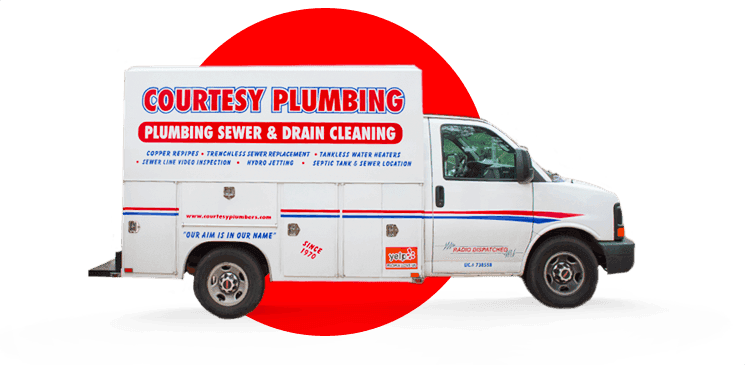Dive into significant energy savings by making the switch to a tankless water heater—it could be the ticket to lower utility bills. Unlike traditional units, these innovative systems heat water on demand, ensuring that you’re not wasting energy heating gallons of water you won’t use immediately.
Don’t forget to scope out the unit’s energy efficiency before making the switch—it’s a major player in racking up those cost savings over time. Annual operating costs should be a major consideration when selecting a model—it’s where the biggest long-term savings are often hiding.
Find ways to trim hot water usage, and you’ll not only shrink your expenses but also potentially qualify for tax credits on eco-friendly models—a double win.
With numerous options fueled by electricity widely available across states, selecting a suitable high-efficiency system could substantially lower your household’s carbon footprint and operational costs simultaneously.
Selecting the Right Model
When selecting the right model for your home, it’s crucial to think about energy and cost savings. Start by checking a water heater’s efficiency before buying. You’ll want to understand its annual operating costs too.
Compare these with other models that might be less or more efficient. This step is essential in managing expenses long-term. Remember, reducing hot water use and considering options like drain-water heat recovery can further lower bills.
Assess fuel type availability in your area since it influences operation costs and efficiency significantly—choices range from electricity, fuel oil, to geothermal energy.
Making an informed decision involves understanding all these factors closely tied to not just initial purchase but ongoing utility expenditures as well.
Benefits of Going Tankless
Tankless water heaters shine in efficiency, slashing energy use and your bills. They heat only what you need, eliminating wasteful standby heating. Picture never running out of hot water again while saving cash monthly.
Plus, they’re eco-friendly; a high Energy Factor (EF) means most energy goes straight to heating your water—no loss. And think about the space saved with their sleek design! Traditional bulky tanks are history; these compact units fit neatly on walls freeing up room for more important things or simply allowing cleaner spaces in your home—an essential upgrade from old models that seem always in the way.
Installation Process Explained
During installation, you might find your home’s pipes need adjusting to fit the tankless water heater. Especially for a gas model, ensuring proper ventilation is critical to keep carbon monoxide at bay. Don’t expect instant hot showers with these units; they can be slower than traditional ones.
Remember, maintaining them as per guidelines is key, or you risk voiding the warranty due to their complex systems. Electric heaters are less costly and simpler to set up than gas models, but they usually can’t handle multiple demands simultaneously well. If opting for gas, prepare potentially for significant changes: Your existing system may require an upgrade since it wasn’t designed thinking of going tankless, which adds up on the initial costs significantly, including reconfiguring pipes and enhancing meter capabilities.



